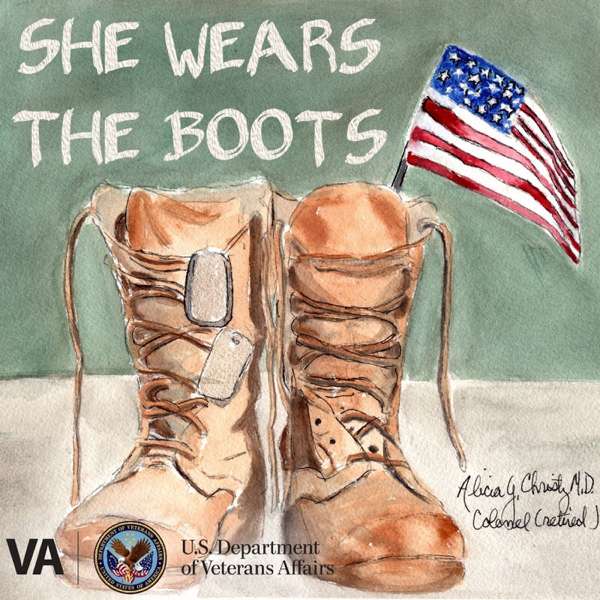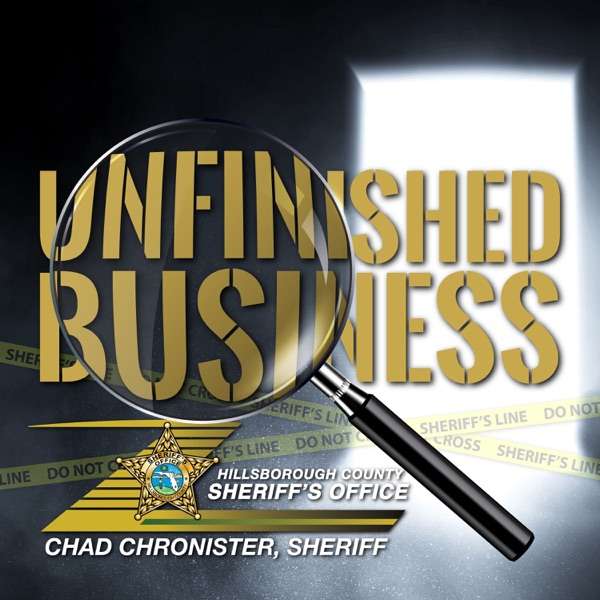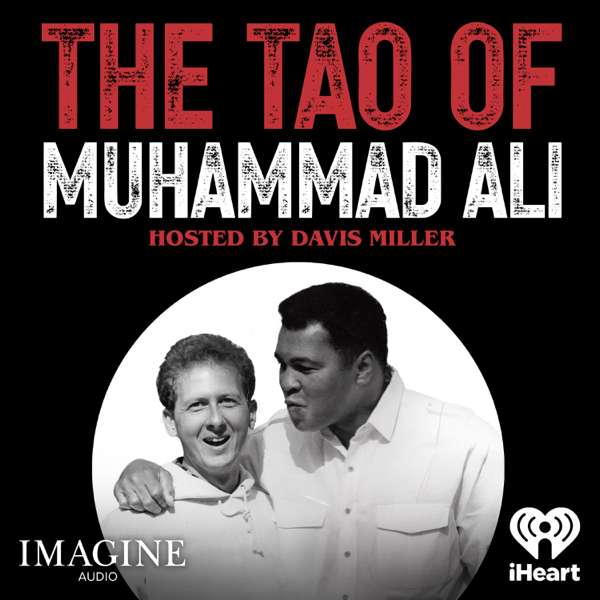CLEAR’s podcast is a resource in the field of professional and occupational regulation to help stakeholders stay current on new developments and hear diverse opinions on a broad range of topics.
1) CLEAR is a place for novel, thoughtful, non-partisan debate, undertaken inclusively and respectfully. Those who contribute to the debate speak in their own capacity, and do not necessarily represent the view(s) of CLEAR.
2) CLEAR provides a space in which contentious issues can be safely and respectfully discussed, grounded in a sound body of professional regulatory knowledge.
3) Acting in the public interest, regulations, and the views of regulators and the wider public, evolve over time. Discussions at CLEAR reflect this evolution of thinking, encompassing a wide variety of considered opinion.
Music clips: ”Someone Else” by Full Power Music, licensed through Adobe Stock

 Our TOPPODCAST Picks
Our TOPPODCAST Picks  Stay Connected
Stay Connected







